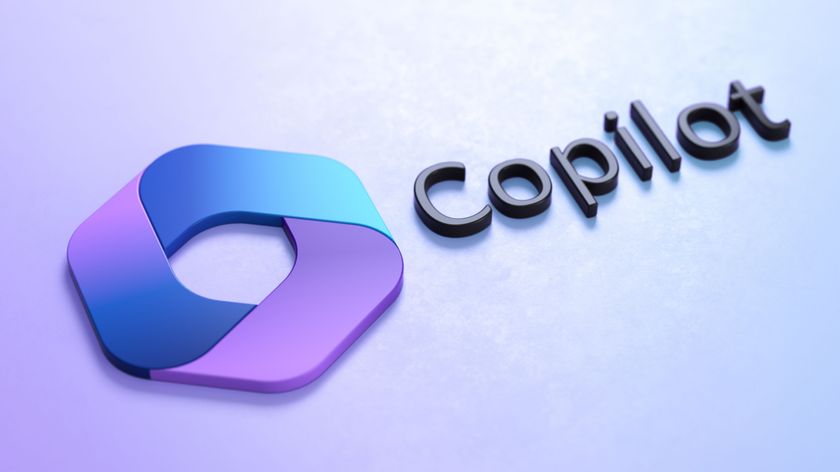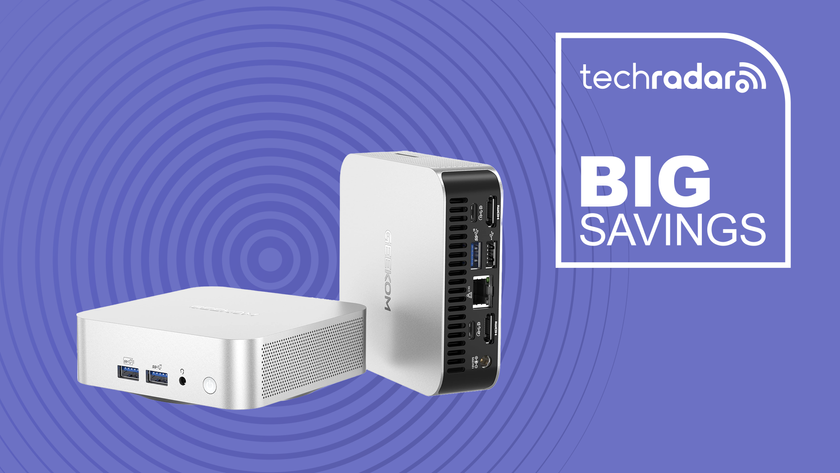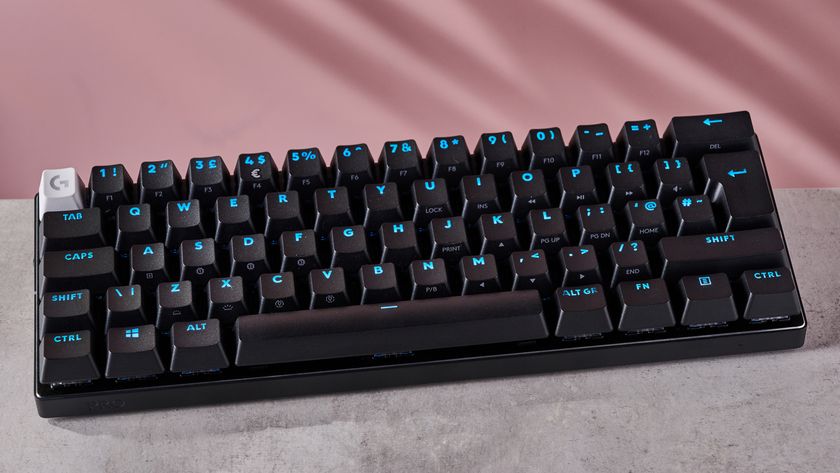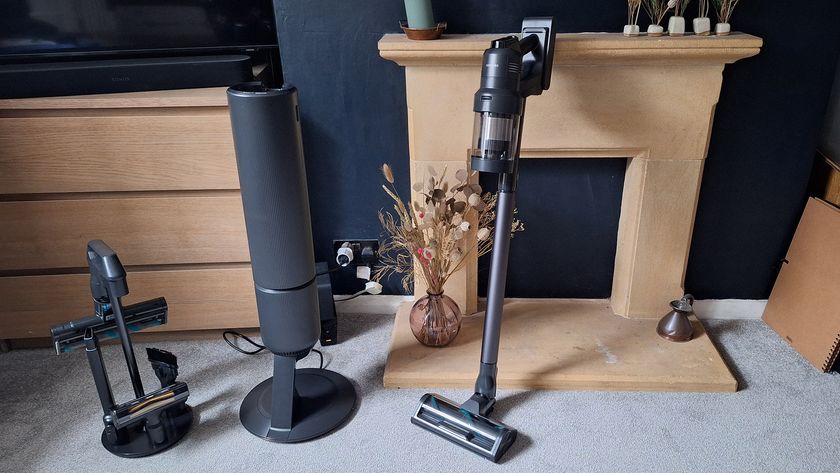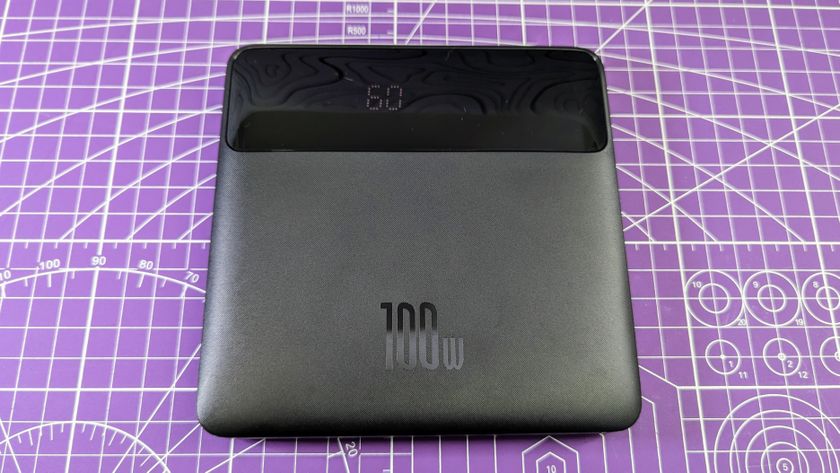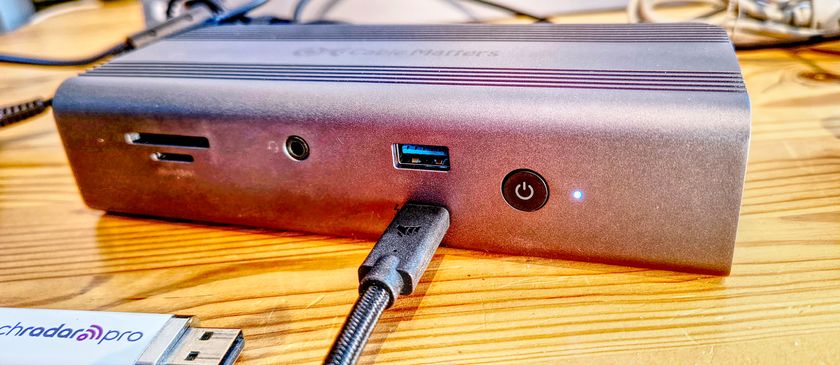Why you can trust TechRadar
The G.Skill RipJaws-Z 16GB quad channel memory kit isn't cheap. There's no point pretending otherwise.
On the other hand, neither are Intel's new Sandy Bridge E Core i7 processors. Or motherboards with the obligatory X79 chipset.
If you want the best, you're going to have to pay for it. But is this nattily named RipJawsZ kit really a winner?
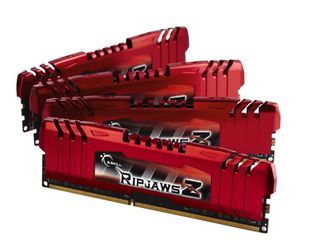
For starters, each kit is hand tested, which is nice. It's also XMP 1.3 ready, which means it's not just any old quartet of DDR3 1,600MHz DIMMs. It's specially developed for the X79 platform.
If that's so much digital double speak to you, XMP or Extreme Memory profile is a user-friendly way of cranking up various memory settings and timings without the need for hand tuning. The latest 1.3 standard generally tightens things over 1.2, enabling better performance and stability.
As for the specifics, this G.Skill RipJawsZ nominally clocks at 1,600MHz with 9-9-9-24 timings at 1.5V.
Oh, and it's 4GB per stick of DIMM memory, making for a mildly monumental 16GB of RAM overall.
If that mountain of RAM doesn't sound like plenty to you, G.Skill actually do kits all the way up to 32GB. That's 8GB per stick.
For the record, we used the G.Skill RipJaws-Z 16GB kit for our Core i7-3960X review, and the sticks ran rock solid all the way from the the 3960X's nominal 3.33GHz clockspeed through 4.8GHz without a blip.
The X79 may be a new platform, but G.Skill has the question of stability licked.
As for raw performance and the question of whether you actually need four channels, we re-ran several of our benchmarks with just two of the four DIMMs inserted.
The highly threaded benchmarks came back identical, while World in Conflict averaged just a single frame per second slower. In other words, there's not a big enough difference to rule out testing error.
We liked
With any new platform, stability is a worry. So the combination of G.Skill's claims of hand testing each kit and our experience of impeccable reliability during testing bode extremely well.
Support for the full XMP 1.3 profile is also welcome and should make the RipJaws-Z ideal for long-term overclocking.
We disliked
It's early days for both the X79 platform and the XMP 1.3 memory profile, so it's hard to be too emphatic about the G.Skill RipJaws-Z 16GB's performance.
But its biggest problem is that in desktop performance terms there's little need for four channels. Few will benefit from the 16GB capacity, either.
Final verdict
The G.Skill RipJaws-Z 16GB is a well executed quad-channel kit. We're just not sure you need quad-channel on the desktop.
Technology and cars. Increasingly the twain shall meet. Which is handy, because Jeremy (Twitter) is addicted to both. Long-time tech journalist, former editor of iCar magazine and incumbent car guru for T3 magazine, Jeremy reckons in-car technology is about to go thermonuclear. No, not exploding cars. That would be silly. And dangerous. But rather an explosive period of unprecedented innovation. Enjoy the ride.
